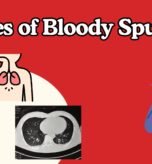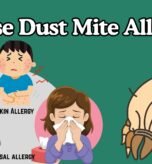Sleep study is a test performed in children or adults with suspected breathing problems in sleep (sleep disordered breathing, SDB) or suspected poor-quality of sleep. It is an overnight study where the child is asked to sleep comfortably in the sleep lab room, while the breathing movements of the chest and stomach, heart rate and oxygen saturation are monitored with the help of sensors attached to the child’s body. These sensors record child’s movements and sleep patterns that are then reviewed by a pulmonologist.
Sleep study is advised to
1. Children with Snoring >3 nights/week
2. Restless sleep, frequent night awakenings, snorting or gasping in sleep
3. Teeth grinding
4. Children with nasal blockages due to chronic allergies with symptoms of sleep disturbances
5. Bed-wetting and other behavioral problems
6. Night-terrors
7. Children with neurological or muscular weakness, hypotonia
8. Children with Down’s syndrome
9. Facial dysmorphism – Retrognathia, cleft lip/palate, large tongue, severe laryngomalacia
What to expect during a sleep study?
You will be asked to report to the sleep lab at night approximately 1-2 hours before your child’s bedtime. Make sure your child is wearing comfortable sleep wear. You can carry your child’s bedtime toy or books with you. In the sleep lab, the technician will attach some sensors to your child’s chest and stomach. Sensors for pulse rate and oxygen saturation will also be attached. Once all the connections are done you can put your child to sleep. A video recording of the room will also be done. Usually 6 hours of sleep is recorded and, in the morning, you can take your child home.
The sleep study recording is then reviewed by a pediatric pulmonologist and sleep scoring is done.




